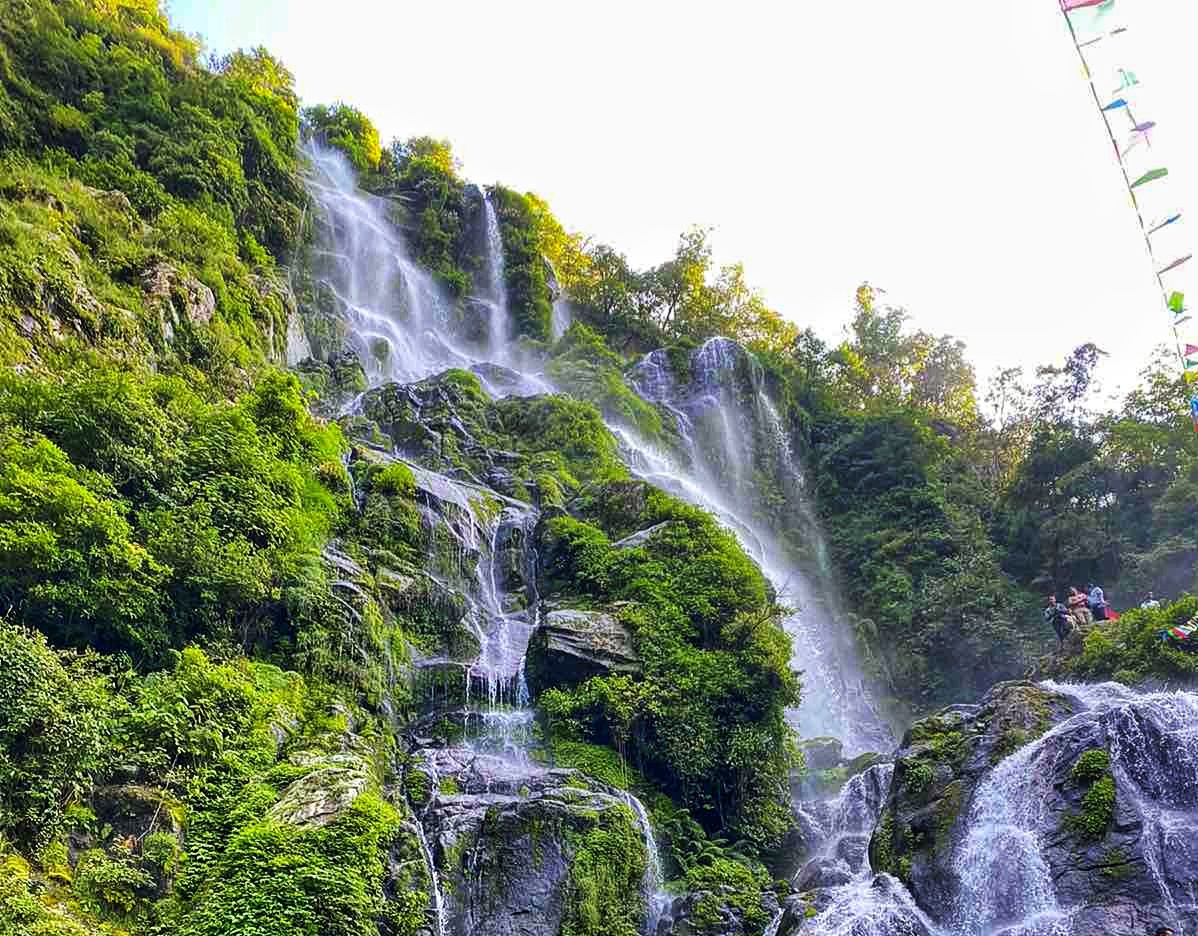

Nepal is also observing World Water Day (WWD) by organizing various programmes across the country today. The WWD is marked every year on March 22.
The WWD was announced by the UN Conference on Environment and Development held in Reo de Janeiro, a city in Brazil in 1992. Internalizing the framework on Agenda 21 of the conference, the WWD is observed every year since 1993.
Life without water is impossible. For the quality survival of animal and plant lives, clean water is imperative. It is said humans can avoid 80 per cent of diseases if the drinking water is ensured pure and safe.
Two-thirds of the earth is covered with water. But, all water is not pure and drinkable. The water in the sea and ocean is salty. Only 2.5 per cent of water is considered safe, fresh and potable. Out of this too, most of (1.71 per cent) is in a frozen state in the north and south poles of the earth. Similarly, 0.74 per cent of it is groundwater.
Of the total groundwater, 0.04 per cent is fresh and drinkable.
Although Nepal is considered the second richest country in terms of water resources, many markets and cities including the federal capital face an acute shortage of drinking water. The government record, however, states 88 per cent of households have access to pipe-water supply.
It is worrying that news stories on shortage of drinking water resulting in migration become recurring media headlines in recent days though the constitution has ensured the fundamental right to pure drinking water.
This year, the WWD slogan is ‘Groundwater: Making Invisible Visible’.
Meanwhile, on the occasion of the WWD, President Bidya Devi Bhandari and Prime Minister Sher Bahadur Deuba have given messages of best wishes.
President Bhandari extended best wishes, stating that this Day would inspire all to contribute to ecological balance by conserving water resources. In a message given today, the President said groundwater resource is important natural heritage and helps make the ecosystem sustainable and lessens the impacts of climate change.
She urged all to encourage the tasks of recharge of groundwater through the use of new technology including ‘check dam’ by launching a nationwide campaign to plant saplings of different flowers and plants that help recharge the underground water.
Similarly, PM Deuba has stated that conservation of available water resources and quality of water by identifying the water resources and ensuring its sustainability is the common responsibility of one and all as a huge chunk of the population is heavily reliant on the use of groundwater.
In his message of the best wishes on the occasion of the WWD today, the PM has urged all to make contributions from one’s side for the conservation and promotion of groundwater.
Moreover, the experts concerned have underscored the need for proper management of groundwater. Speakers at the programme organized by Smart WASH on Monday expressed worry over depleting water resources in Kathmandu city.
Conservation of water resources including spring is imperative for sustainable development, they emphasized.